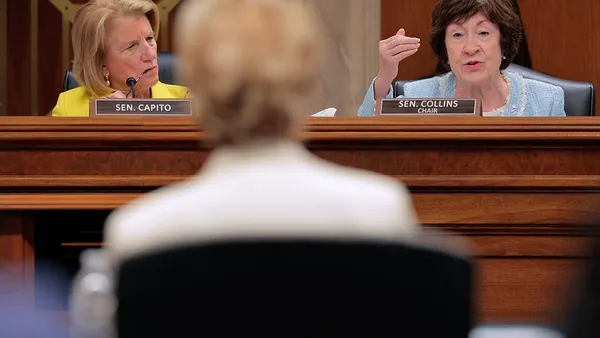Dive Brief:
- A majority of school superintendents surveyed said that after federal COVID-19 emergency funds run out in September 2024, their districts will need to cut or scale back summer programming and end personnel contracts with specialized staff, such as counselors, social workers and reading teachers.
- The survey, conducted by AASA, The School Superintendent Association, found district leaders continue to report using American Rescue Plan funding for long-term system changes that prioritize expanding whole-child supports, including social, emotional, mental and physical health and development of their students.
- After using the last two years planning for the best use of $189.5 billion in federal emergency funding to respond to pre-K-12 pandemic-related setbacks, district leaders are now focusing on how to sustain the COVID-19 investments or how to phase out certain programs.
Dive Insight:
Although the ARP funds, which total $121.9 billion, were meant to be a temporary boost to school coffers in response to pandemic setbacks, district leaders said more time is needed to provide additional support to students.
"Superintendents know best how to maximize the academic impact of the funding," said Daniel Domenech, AASA executive director. "It costs nothing for Congress to give districts additional time to extend the additional resources they have in place — reading specialists, tutoring programs, enrichment offerings and social-emotional supports — for students for an additional two years."
AASA wants Congress to move the ARP obligation deadline from Sept. 30, 2024, to Sept. 30, 2026. AASA, along with several other national organizations and individual district leaders, also want the U.S. Department of Education to clarify the process for requesting an 18-month extension for the spending of ARP funds beyond the Sept. 30, 2024, obligation deadline.
In the AASA survey, 48% of superintendents said the September 2024 deadline presents an obstacle to renovating school facilities and improving ventilation. Supply chain issues, worker shortages and inflation have all created challenges for infrastructure projects, school leaders have said.
AASA said hundreds of superintendents responded to the July survey, which the organization called a continuation of its effort to document how district leaders are using ARP funds.
In addition to focusing on whole child supports, superintendents said ARP funding is also being prioritized for programs that engage high school students who have fallen off-track to graduate and who need additional support to successfully transition to college and career.
Other survey findings include:
- 57% of superintendents reported they will decrease or end summer learning and enrichment offerings currently being offered to students by September 2024.
- 53% said they will have to end contracts with specialist staff, such as counselors, social workers and reading specialists.
- 44% indicated they will have to stop compensating staff for working additional hours for extended school year or day programming.
- 77% said it took their districts between less than a month to three months to receive ARP reimbursements from state education agencies after submitting their request.














